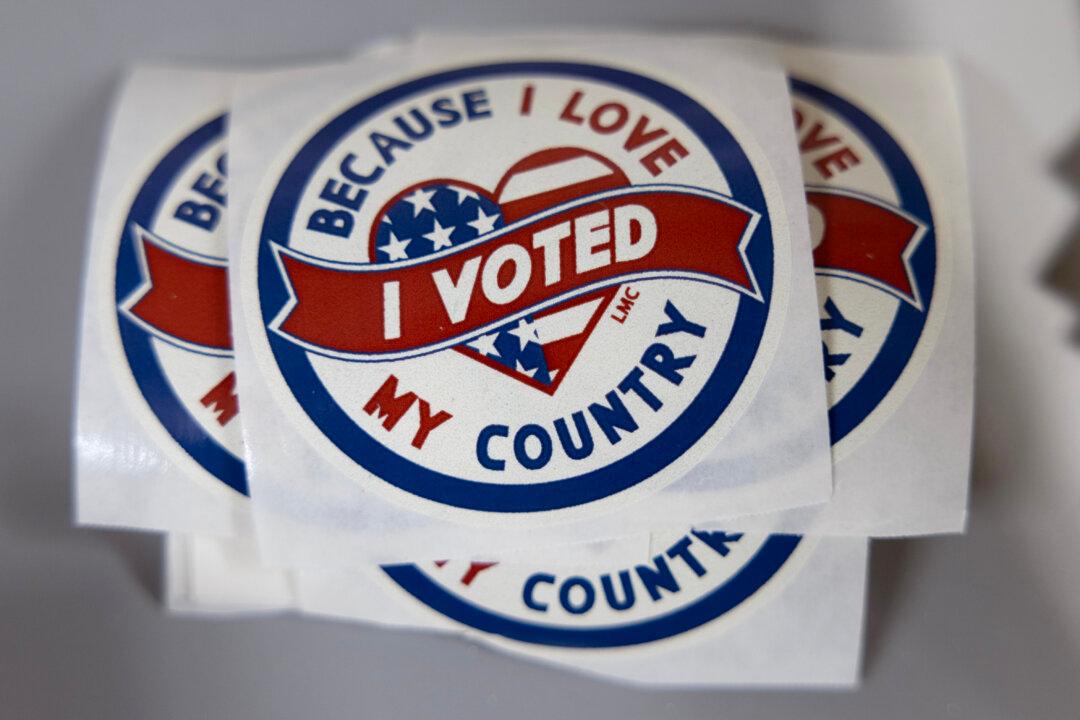Three registered voters in Green Bay, Wisconsin, have filed a complaint with the Wisconsin Election Commission (WEC) alleging that City Clerk Celestine Jeffreys has consistently failed to inactivate people who registered to vote on Election Day using what turned out to be undeliverable addresses.
As proof, the complainants presented data compiled from WEC reports and information provided by Ms. Jeffreys.





